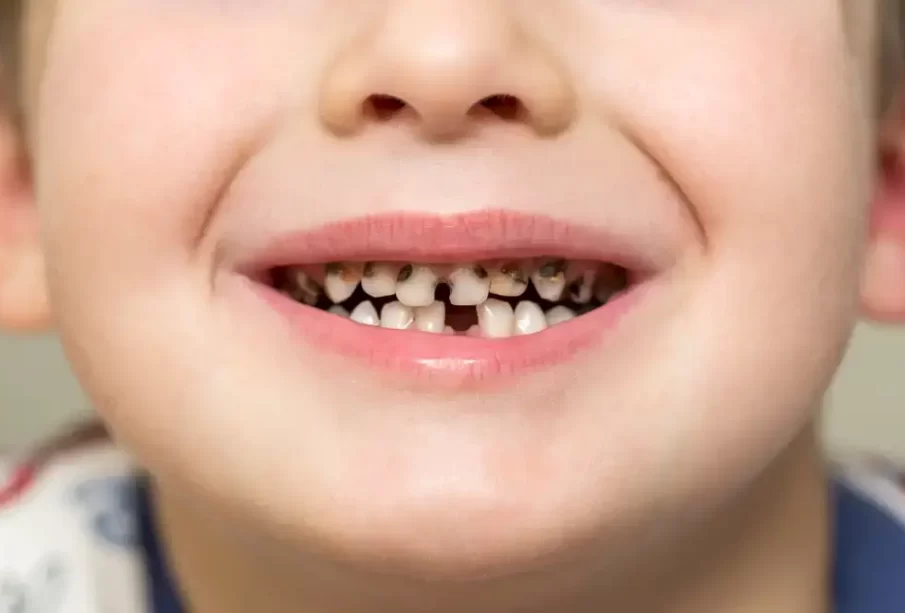Can Cavities Be Genetic?

Tooth decay is a common dental problem in the US as well as all over the world. You may have at least one person in the family or your friend circle with a damaged tooth. Anyone who does not care for their teeth and does not follow a proper hygiene regime is bound to get cavities. However, some people might be more susceptible to damage than others.
Yes, if you are vulnerable to cavities, the answer may be lying in your genes. Genetic factors can affect your dental health negatively. In fact, research says that about 60% of tooth decay cases involve genetics. Many studies are still going on in this regard. Get your teeth checked by your Fullerton family orthodontist today.
Can cavities be genetics?
Most people get cavities because of their poor oral healthcare regime. However, research says some people may have a genetic predisposition to cavities. This does not mean that you will not get cavities even if you do not eat sugar at all and clean your teeth thoroughly every day. This means that people with a risk need to be extra careful.
- The quality of your enamel is affected by your genetics. The weaker your enamel, the easier it is to get cavities.
- Some people have a broader tasting palette, while others do not. People with a strong ability to taste may eat fewer sweets and be less at risk.
- Sometimes, even the shade of your teeth can be heredity. If you have crooked teeth, food is more likely to remain stuck and hidden in your mouth, thus giving rise to cavities.
What other factors could be there?
If you do not want to blame your genetics for your bad teeth, there are various other factors to consider. All cavity cases are indeed 100% preventable if proper care is taken. Some lifestyle habits, such as smoking, can reduce your saliva production, which increases your risks. Additionally, having a diet rich in sugar and starches is a teeth-killer as well.
Snoring is yet another reason. Breathing through your mouth may seem innocent and harmless, but it is not. It causes your mouth to go dry, and a dry mouth is the perfect place for germs to spread.
How to avoid cavities?
It is understood that the core reason for all cavity cases is neglect. When you do not visit your dentist at least once every 6 months, you risk dental issues, such as tooth decay. Maintaining a good oral hygiene routine is a must, but neglecting dental visits can prove very harmful down the lane.











